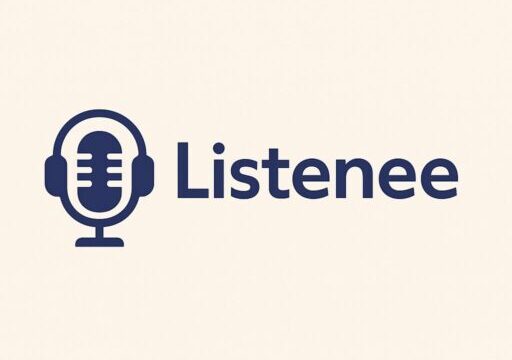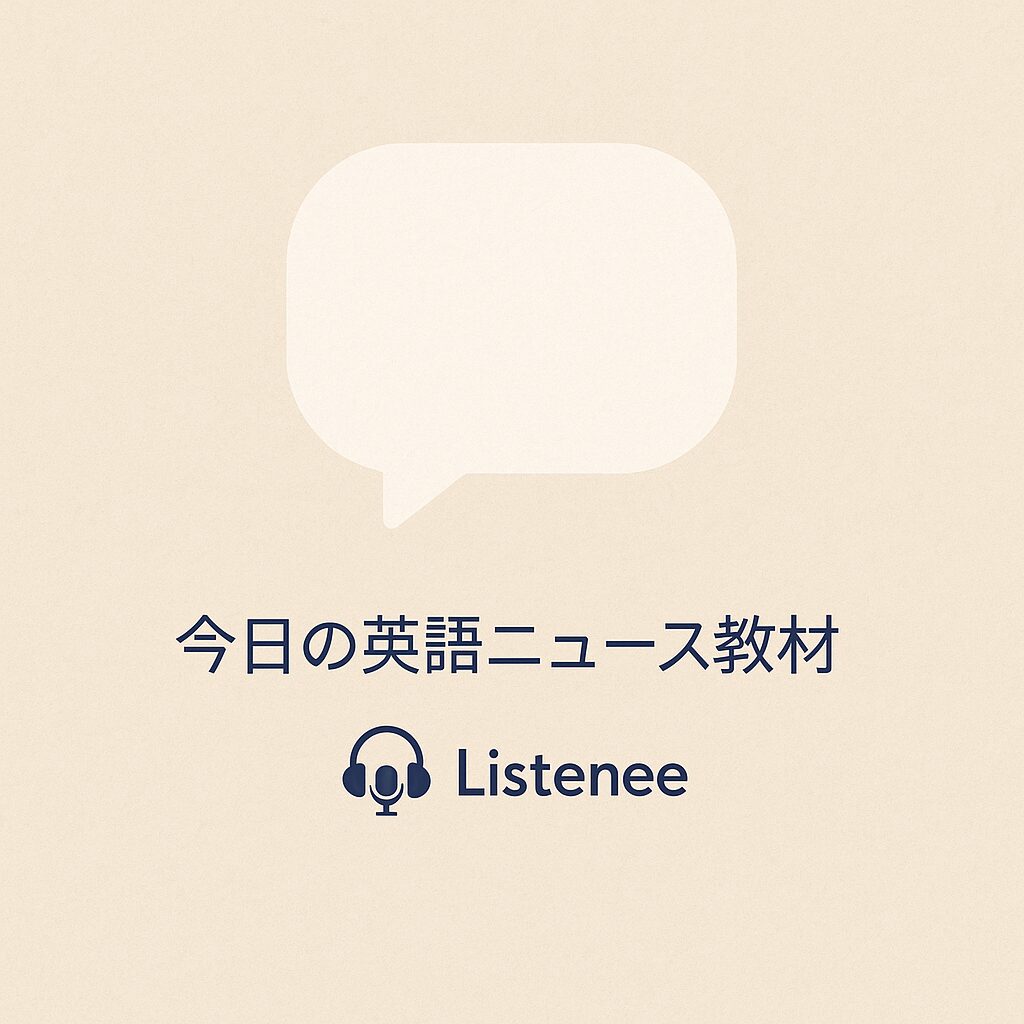🎧 Audio
📖 Script
In a recent landmark decision, a federal judge has made a significant ruling regarding Google, one of the largest tech companies in the world. The judge decided not to break up Google, which means that the company will be able to keep its web browser, Chrome, intact. However, the ruling does impose certain restrictions on Google’s business practices. Specifically, Google is now prohibited from making exclusive agreements that would make its search engine the default choice on smartphones and other devices.
This decision stems from concerns about antitrust laws, which are designed to prevent companies from becoming too powerful and limiting competition. The U.S. Department of Justice had argued that Google’s practices were stifling competition and harming consumers by making it difficult for other search engines to compete. By preventing Google from securing exclusive deals, the judge aims to create a more level playing field for competitors.
The ruling is seen as a partial victory for both sides. On one hand, Google retains its current structure and can continue operating its popular services like Chrome. On the other hand, the restrictions on exclusive deals could open up opportunities for other search engines to gain market share, potentially benefiting consumers with more choices and innovation.
While Google has expressed its disappointment with the constraints, arguing that its agreements with device makers were fair and brought benefit to consumers, the company is likely to comply with the ruling. This decision may also have broader implications for other tech giants facing similar scrutiny over their market practices, as governments worldwide are increasingly looking at how to regulate large technology firms to ensure fair competition and protect consumers.
In conclusion, while Google remains intact, the ruling signals a shift in how tech companies might need to operate in the future. The emphasis on ensuring competitive practices could lead to changes in how these companies negotiate deals and operate within the market.
📝 Vocabulary
- Antitrust: relating to laws that prevent companies from unfairly limiting competition
例文: “Antitrust laws are essential for maintaining fair competition in the market.”
Collocations/日本語の意味を見る
- antitrust laws
- antitrust case
- antitrust ruling
独占禁止 - Exclusive: limited to only one person or group
例文: “The club offers exclusive access to its members.”
Collocations/日本語の意味を見る
- exclusive rights
- exclusive deal
- exclusive agreement
排他的な - Prohibit: to formally forbid something by law or rule
例文: “The school prohibits the use of cell phones during classes.”
Collocations/日本語の意味を見る
- prohibit smoking
- prohibit access
- prohibit sales
禁止する - Competition: the activity or condition of competing
例文: “There is a lot of competition in the tech industry.”
Collocations/日本語の意味を見る
- face competition
- increase competition
- competition among
競争 - Implications: possible effects or consequences of an action or decision
例文: “The implications of the new policy are still being studied.”
Collocations/日本語の意味を見る
- long-term implications
- legal implications
- social implications
影響
✏️ Grammar Point
Present Perfect Tense – “The judge has made a significant ruling regarding Google.”
文法の日本語補足を見る
💡 使用場面
(過去の出来事が現在に関連している際に使うことが多い。例えば、ビジネスで最近の決断が現在に与える影響を述べるとき。)
📝 使用例文
“例: In a business meeting, you might say: ‘We have decided to expand our operations to Asia this year.’”
❓ Listening Questions
- True/False: The judge decided to break up Google.
- MCQ: What is Google now prohibited from doing according to the ruling?
a) Selling its search engine
b) Making exclusive deals for default search
c) Launching new services
d) Buying new companies - MCQ: What is one potential benefit of the judge’s ruling?
a) More exclusive deals for Google
b) Increased market share for Google
c) More choices and innovation for consumers
d) Higher prices for consumers
🔑 Listening Answersを見る
- False
- b) Making exclusive deals for default search
- c) More choices and innovation for consumers
📚 Reading Questions
- What did the judge decide about Google’s structure?
- Why might the ruling be seen as a partial victory for both sides?
- What does the word “prohibit” mean in the context of this article?
🔑 Reading Answersを見る
- The judge decided not to break up Google.
- It allows Google to keep its current structure while giving competitors more opportunities.
- To formally forbid something by law or rule.
🇯🇵 日本語での経済ニュース解説
最近のアメリカ連邦裁判所の判決で、Googleが解体されることはなく、引き続きChromeを保持できることになりましたが、同社はスマートフォンや他のデバイスで自社の検索エンジンをデフォルトにするための独占契約を結ぶことが禁止されました。この判決は、競争を制限し消費者に不利益をもたらすことを防ぐための反トラスト法に基づくものです。日本でも、巨大なテクノロジー企業の市場慣行についての規制が強化される可能性があり、今後の業界の動向に注目が集まります。
Source: https://www.npr.org/2025/09/02/nx-s1-5478625/google-chrome-doj-antitrust-ruling



